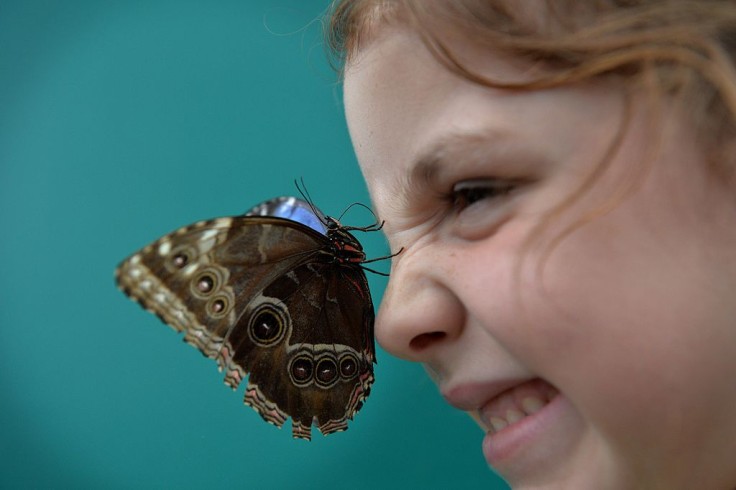
Parents might panic at the sight of nosebleeds and kids, but many of these cases are usually benign. About 1 in 10 children experience a nosebleed, also known as epistaxis, at least once in their young life, but the condition is largely treatable and prevented with proper action.
According to Dr. Isaac Namdar of Mount Sinai Hospital, nosebleeds in kids may be triggered by the changing of the season, which leads to dry air. An environment with hot or low humidity, or heated indoor air, can cause the nasal membrane to dry out quickly. Since the nasal membrane is quite delicate, it will likely bleed when rubbed too hard. Some parents always remind their children not to pick on their noses.
Read Also : 5 Proven Drug-Free Ways to Deal With Migraines
Avoiding Nosebleeds in Kids
According to pediatrician Dr. Amina Ahmed, investing in a humidifier may help moisten the air to prevent the nose from going dry. She recommended running the humidifier regularly, especially at night in the kids' bedroom.
The doctor also suggested applying petroleum jelly or mineral oil within the tip of the nose throughout the day to keep the nose lubricated. These products usually drain through the back of the nose and become a regular nasal secretion. However, some experts caution that long-term use of these products may bring about lung issues like aspiration and lipoid pneumonia. Thus, parents need only apply in small amounts or not let their children get used to the lubricants.
Parents may also remind their kids not to blow their noses with such full force or sneeze on a tissue with their mouths open.
Stopping Nosebleeds in Kids When it Happens
Parents should let their children sit up during a nosebleed while leaning forward. According to the Health Hub, leaning forward will make it easier for the child to spit out the blood. Leaning back, on the other hand, may create problems like vomiting.
Never insert a tissue or cotton inside the nostril to stop the bleeding, as this might further scratch the nasal membrane. It might help to squeeze the upper part of the bridge of the nose for 10 minutes as the pressure can alleviate the flow of blood. Place a cool cloth or cold pack on the cheeks and the bridge of the nose if there is some swelling.
Ahmed also said via Stanford Children's Health that parents should never show they're in panic even if they see fresh blood. She recommended talking to the kids about nosebleed accidents even before they occur to have some idea of what to expect.
The expert said that only one percent of nosebleeds in kids end up at the hospital, especially if they continue to have breathing difficulties. Parents, however, should bring their kids to a specialist if the incident happens more than two times a week for a proper check-up and diagnosis.